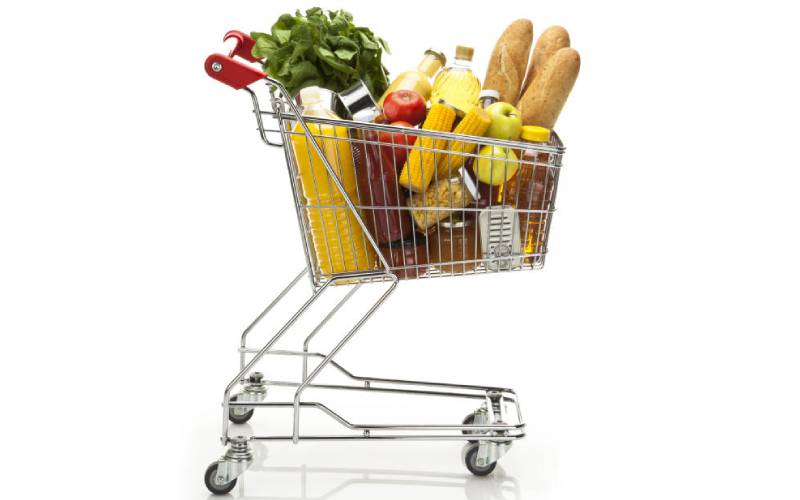×
The Standard e-Paper
Home To Bold Columnists

The situation has been aggravated by bad weather, high taxes and the negative effects of Covid-19, with prices rising 8.9 per cent in January. [Courtesy]
Prolonged drought, high taxes on farm inputs and fuel as well as the Covid-19 pandemic have colluded to throw Kenyans into a tailspin of an unprecedented high cost of living.